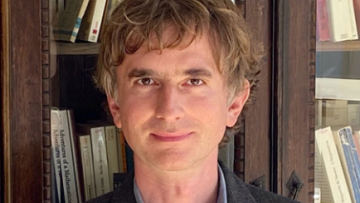Fixation probability and suppressors of natural selection on higher-order networks
Abstract
Population structure substantially affects evolutionary dynamics. Networks that promote the spreading of fitter mutants are called amplifiers of selection, and those that suppress the spreading of fitter mutants are called suppressors of selection. It has been discovered that most networks are amplifiers under the so-called birth-death updating combined with uniform initialization, which is a common condition. We discuss constant-selection evolutionary dynamics with binary node states (which is equivalent to the biased voter model with two opinions in statistical physics research community) on higher-order networks, i.e., hypergraphs, temporal networks, and multilayer networks. In contrast to the case of conventional networks, we show that a vast majority of these higher-order networks are suppressors of selection, which we show by random-walk and Martingale analyses as well as by numerical simulations. Our results suggest that the modeling framework for structured populations in addition to the specific network structure is an important determinant of evolutionary dynamics.


